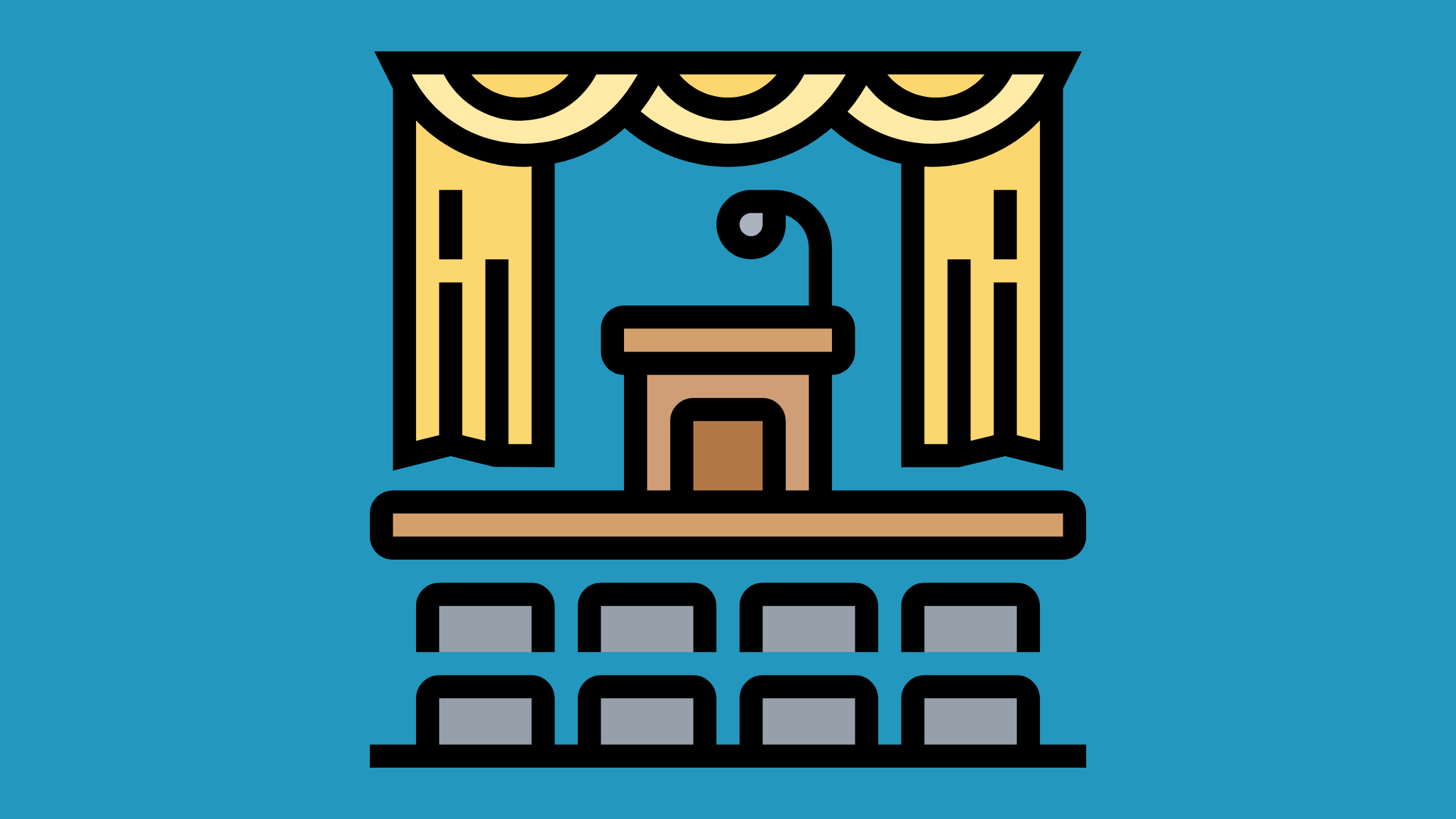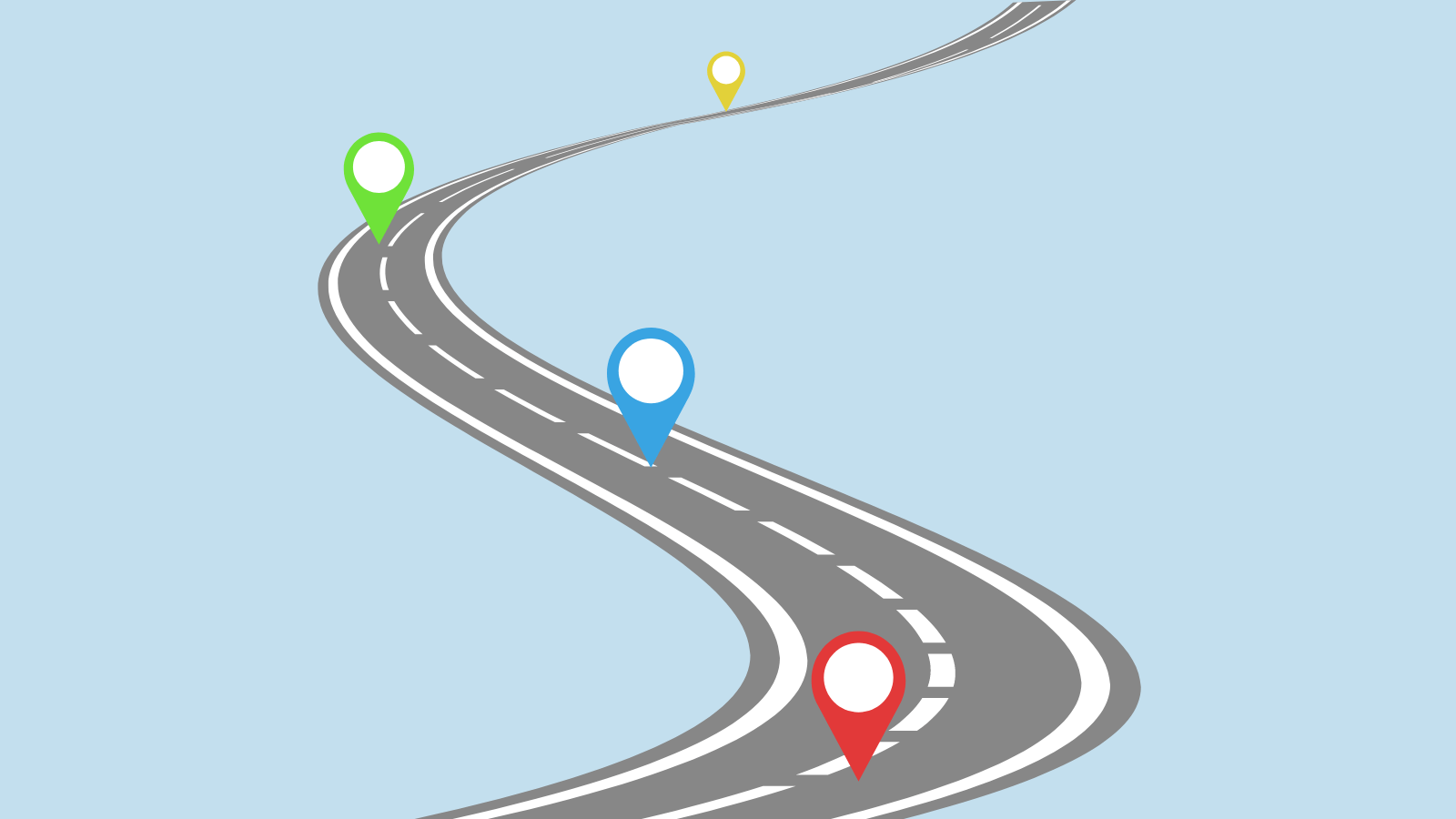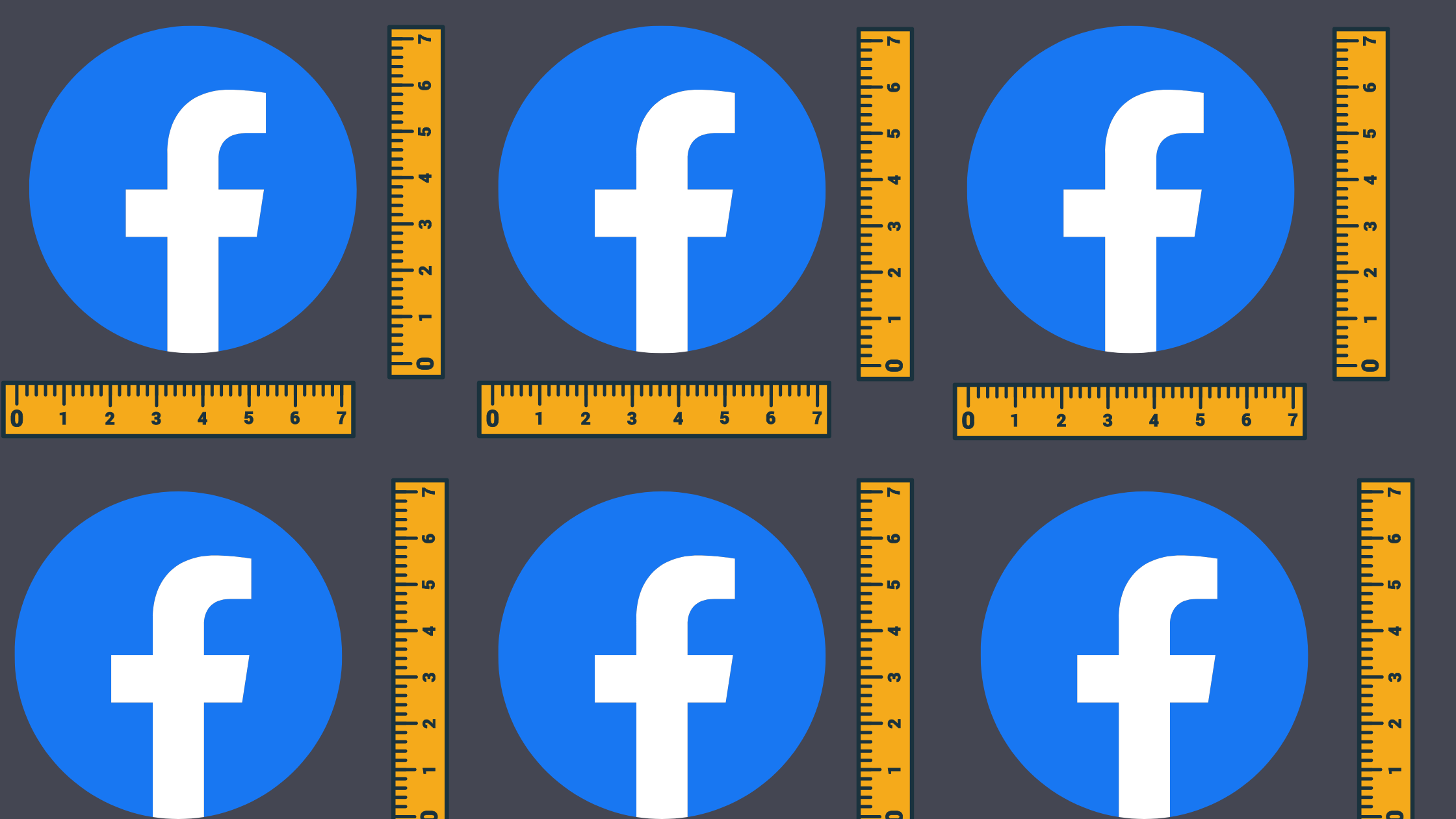What is Event Marketing?
Event marketing, also known as experiential marketing, is planning and executing events to promote a brand, product, or service. The role that companies play in these events could be hosting, attending as an exhibitor, sponsorship, sending a keynote speaker, and more. These events are also great ways to show off your skills, network with other business owners, and fundraise for nonprofits.
Types of Events
Here are a few examples of types of online and in-person events you can use for event marketing.
Conferences
Between the speakers, workshops, and networking opportunities, conferences are full of promotion opportunities whether your company participates as a host, sponsor, speaker, or attendee.

Trade Shows and Expositions
Like conferences, trade shows offer a variety of promotion and networking techniques. Trade shows give companies a chance to show off their products and services to other players in their industry. They’re a great place to find qualified leads. While conferences are open to the public, trade show attendees include pre-qualified buyers, company representatives, and salespeople.

Seminars and Webinars
Seminars and webinars are education-based events attended by a specific audience. Sponsoring or speaking at a seminar can establish credibility for your business and offer networking opportunities.

Pop-Up Shops
Pop-up shops give ecommerce and other digital-first companies the opportunity to interact with potential customers face to face and build relationships with them.

Launch Parties
Launch parties are small, personal events that celebrate the launch of a new product, make a big announcement, or celebrate a business milestone. These types of events shouldn’t revolve around promotion, but a short presentation that ties it back to the company can make it part of your promotion strategy.

Workshops
Workshops are public events centered around sharing knowledge and educating attendees. They can be in-person or virtual events. They aren’t typically promotional in nature, but they can be effective events for building your company’s credibility.
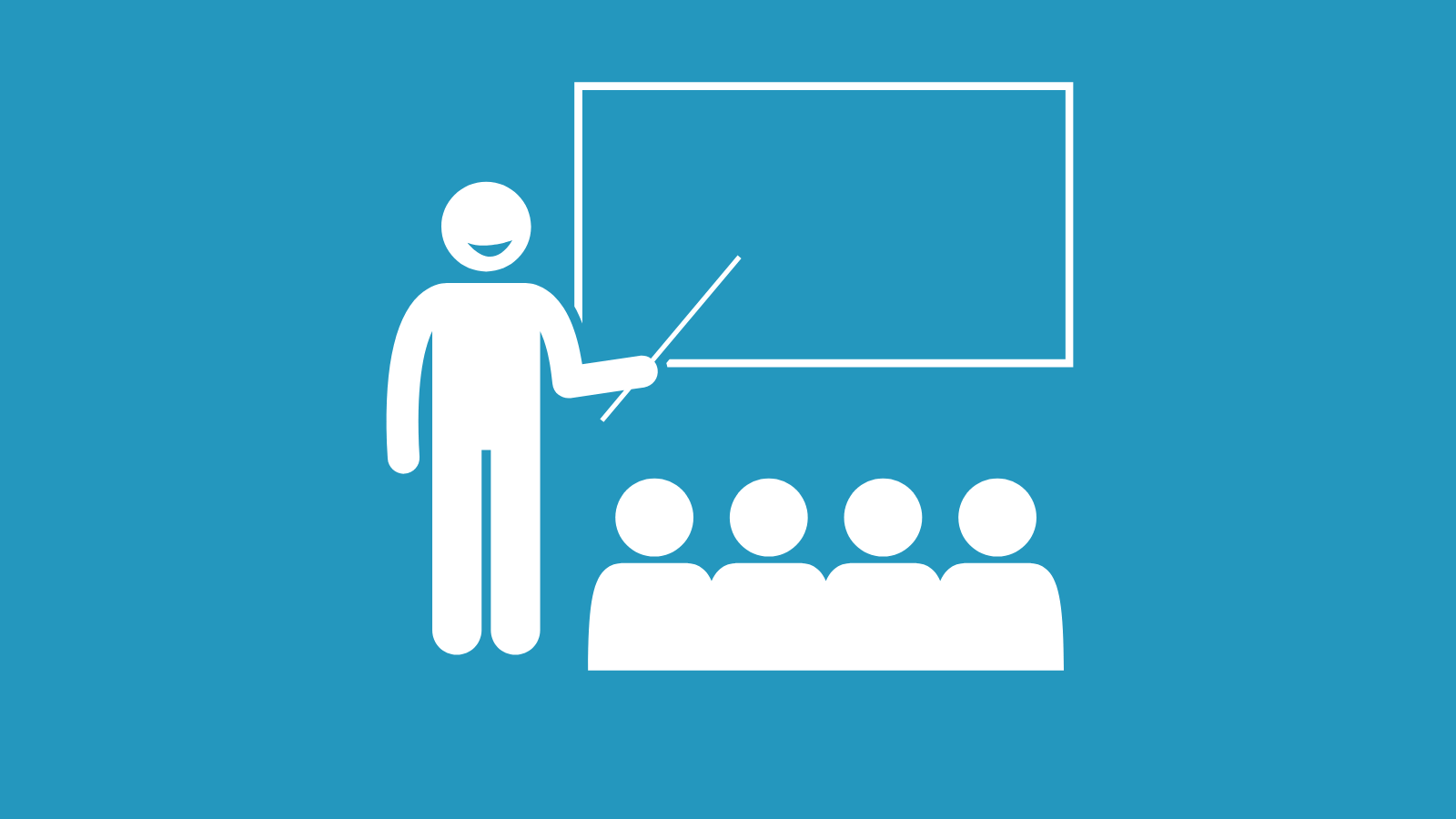
Benefits of Event Marketing
Generate Leads
If you host a successful event, the event registrations are a list of people who are interested in your product or service. That means you’re generating leads before the event even starts. If you’re a sponsor or participant you can generate leads by running a demo, having a sign-up form for your email list out, or having a giveaway or competition. In fact, 95% of marketers think in-person events help them achieve their business goals.

Provide One-on-One Customer Engagement
If your business primarily takes place online, you may never get to meet your customers. Live events are a great opportunity to put faces to the names, humanize your company, and build brand loyalty.

Build Brand Awareness
A lot of marketing tactics can bring brand awareness, but the right event can take it even further. Why is that? An event is much more likely to come up in conversations than your product or service alone. They also attract coverage by the media and influencers. That leads to more buzz about your brand on social media and word of mouth.
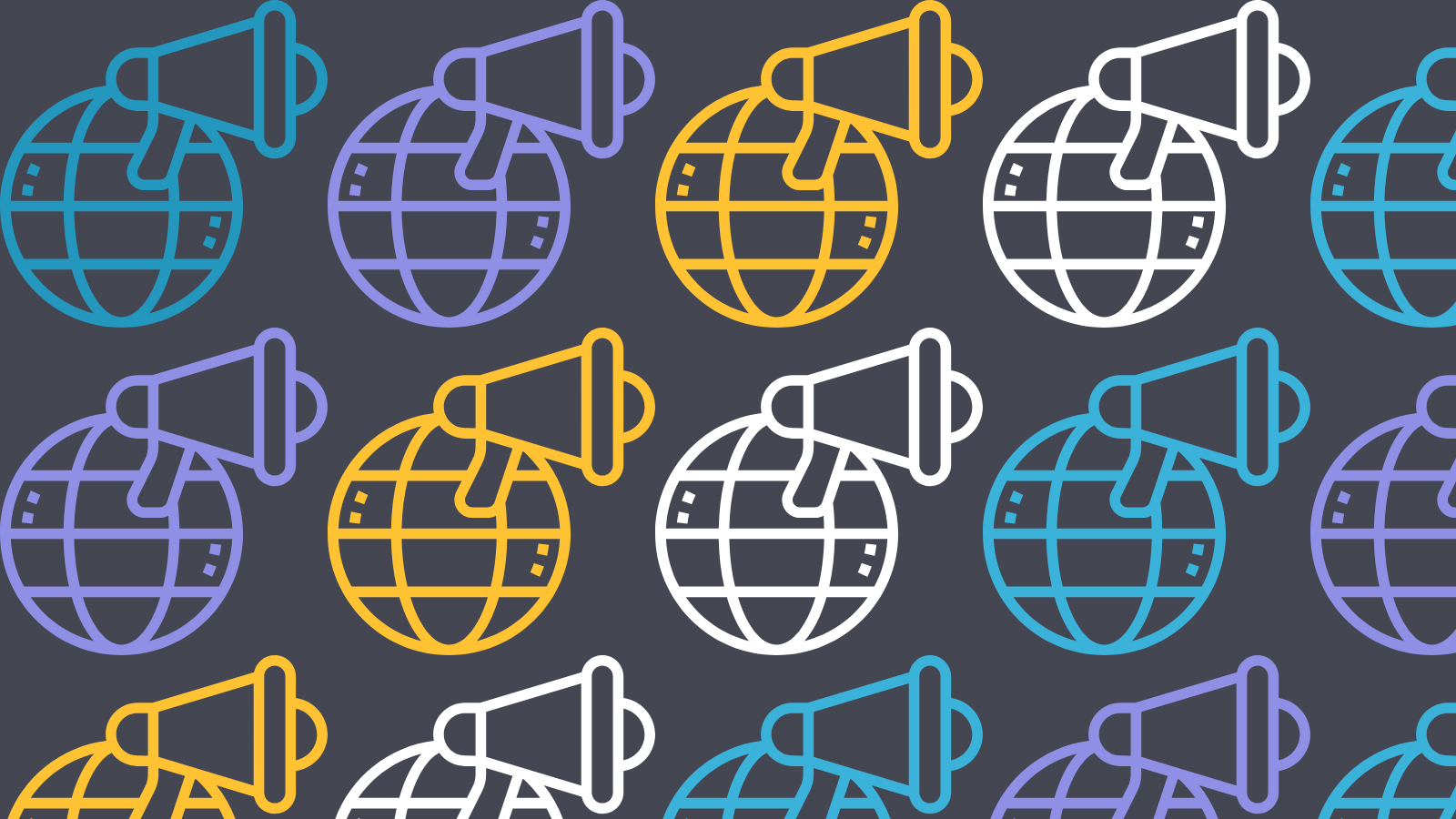
Encourage Product and Industry Education
People don’t like being hit over the head with ads. That’s why involving your company in an event that’s focused on education is a smart way to subtly promote yourself to a captive audience. And an educated industry is always a good thing.
How to Create an Event Marketing Plan
Though events are part of a larger marketing strategy, your next event should have a plan separate from your other marketing efforts. This doesn’t mean you can’t cross-promote, but treating it as its own marketing campaign will keep things focused.
Set SMART Goals and a Budget
Like any marketing campaign, your event marketing strategy should have goals that are specific, measurable, attainable, relevant, and timely. Starting with setting these goals will give your plan a sense of direction and help you decide if it was a successful event. Defining your event marketing budget early on will keep your ideas realistic. You wouldn’t want to come up with something really cool and then have to cut it later because you can’t afford it.
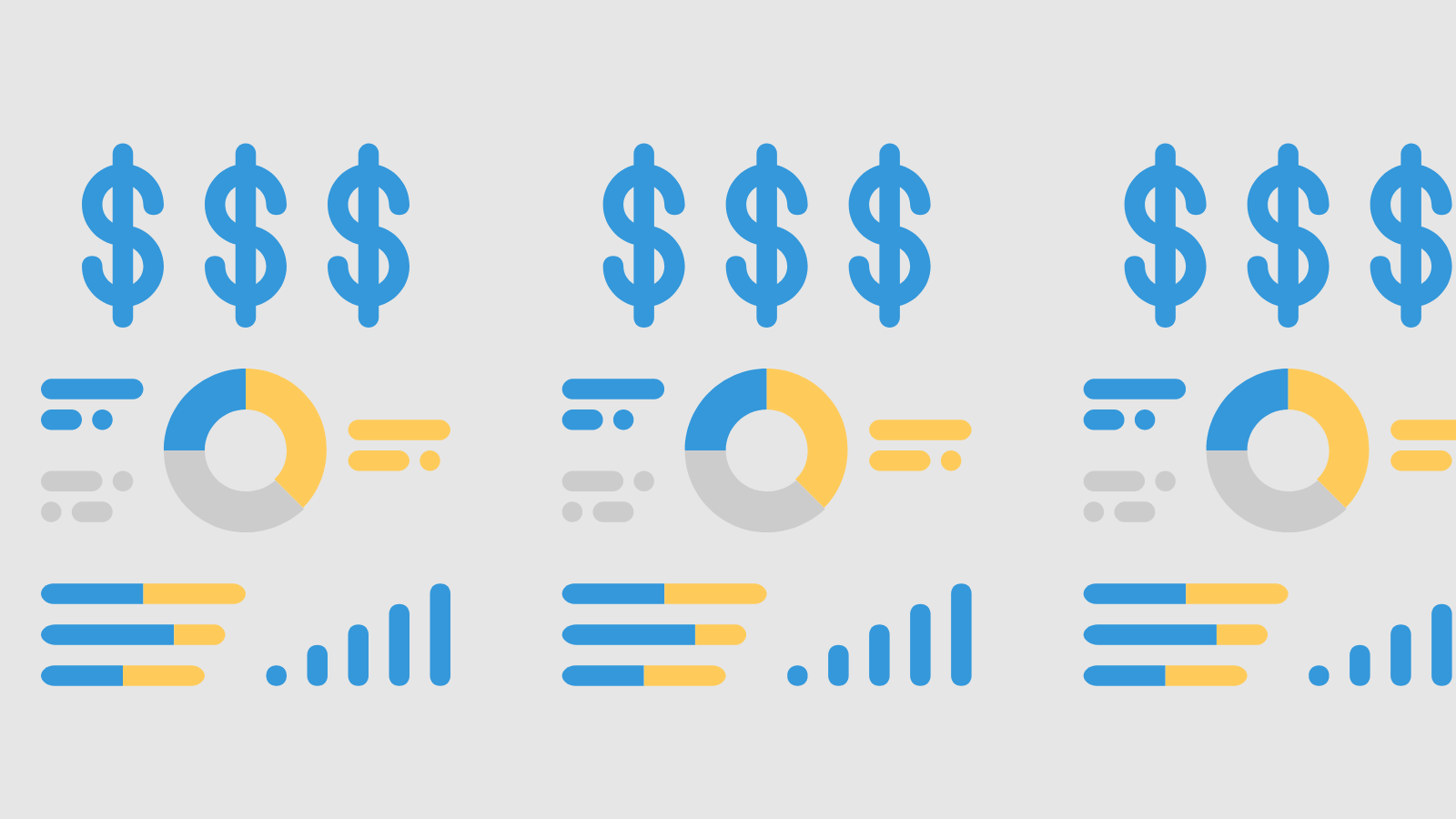
Know Your Event Basics
Now it’s time to decide on the details of your event, including:
- Event Name
- Event Purpose
- Event Type (In-person, Virtual, or Hybrid)
- Theme
- Tagline
- Color Scheme
Know Your Target Audience and How You’ll Reach Them
Knowing your target audience and demographics is even more important for event promotion than other types of marketing. After all, you want to reach people who are likely to go to the event and get something out of it through the marketing channels that they use.
Email Marketing
Event marketing and email marketing go together like macaroni and cheese. Email addresses are easy to collect at registration. Once people are registered, you can create a separate newsletter for event attendees.

Event Website
Making a website specifically for the event serves as a hub for all of the important information. Be sure it includes:
- Time and Date
- Location
- Cost
- Call to Action
- URL
- FAQs
- SEO optimization
Then link to it in all of your promotional materials.
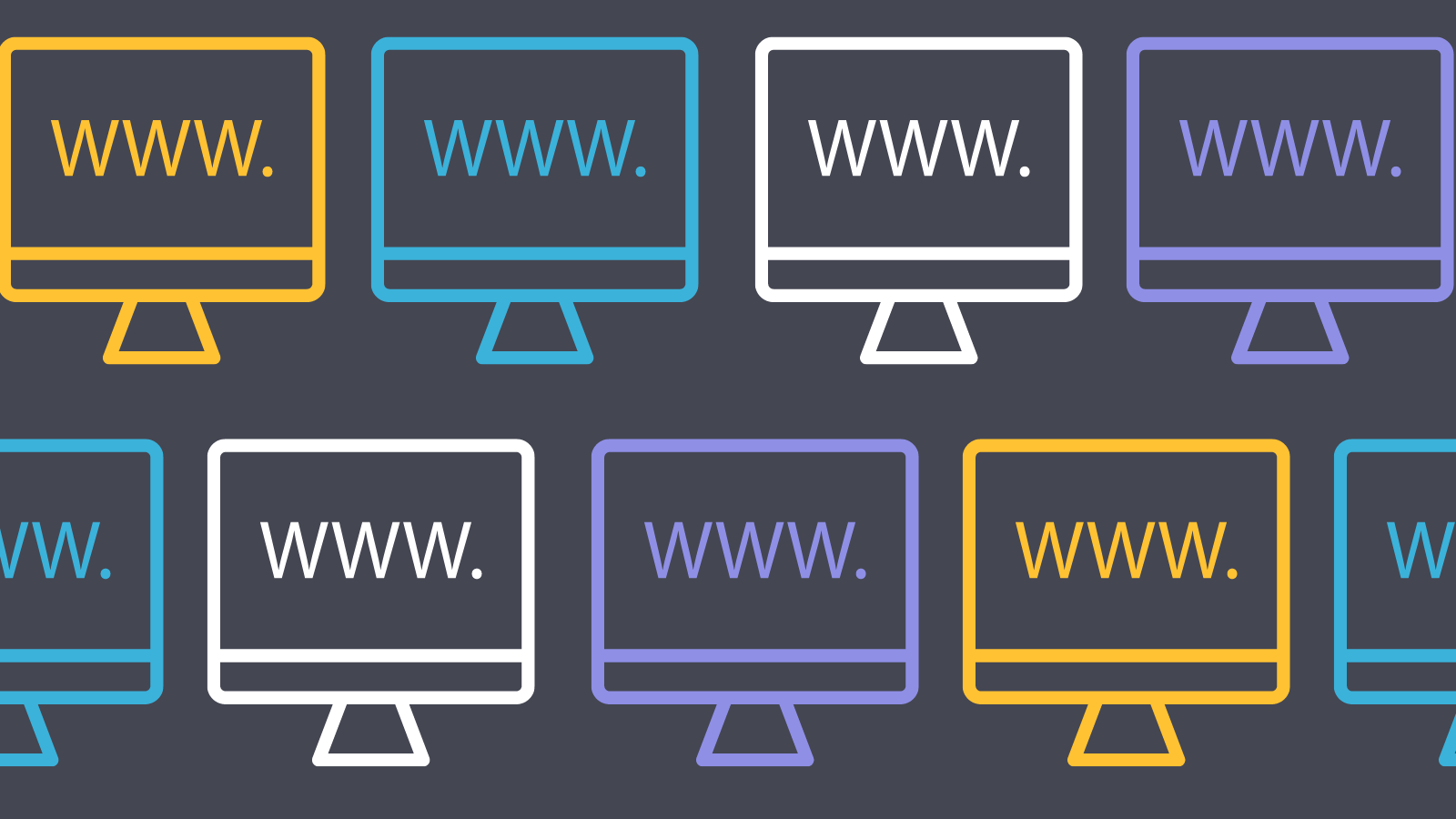
Social Media Marketing
Facebook is the best social media platform for event promotion since they have a specific events feature, but it’s also a good idea to promote the event on Instagram and Twitter. This is where having an event website is especially helpful.
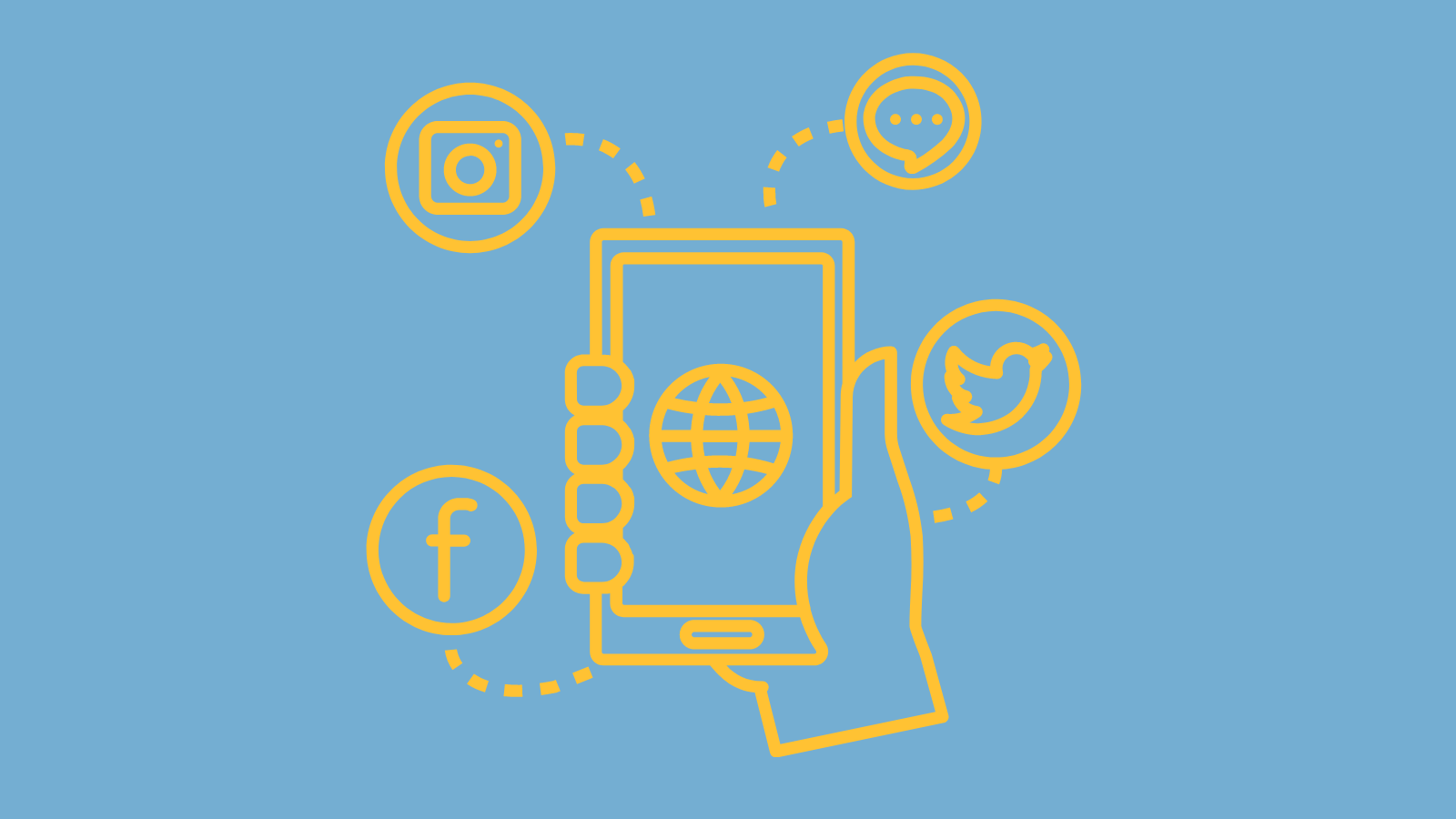
Create a Content Creation and Management Plan
Promoting an event means communicating a lot of details to potential attendees. That’s why you need a content marketing and event management plan to keep it all straight. This is when you decide how you’ll release, update, and change information as it comes out.

Lay Out Your Timeline
With event promotion, timing is everything. A promotion timeline for the weeks and months leading up to the event. Include each marketing channel you’re using to promote the event.
Plan How You’ll Promote During the Event
Once you get there, don’t stop promoting! Show your social media followers what they’re missing out on with livestreams, stories, and live-tweeting.
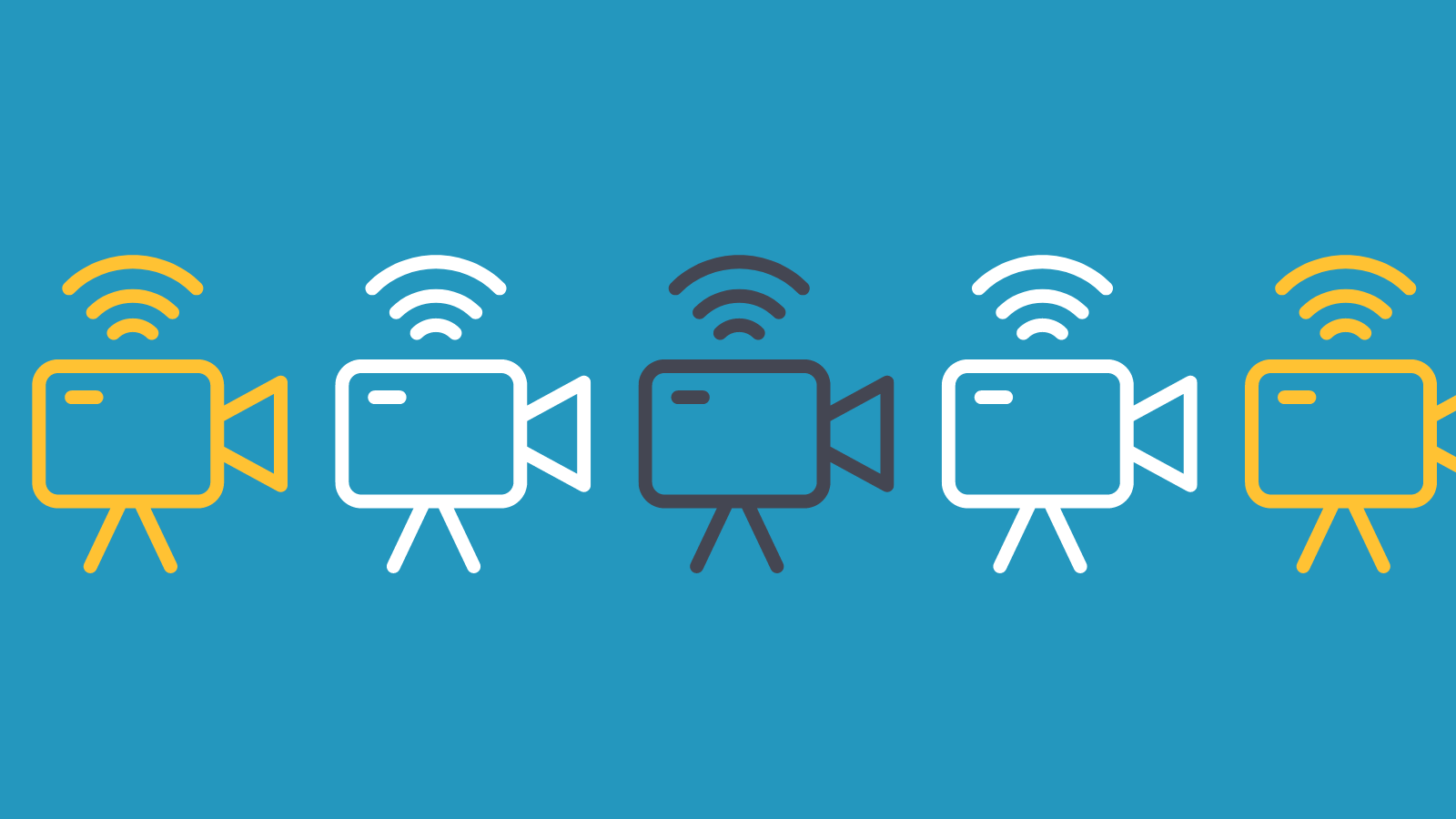
Decide How You’ll Measure the Event’s Success
Event success is about more than ticket sales. Here are some other metrics that can measure a successful event:
- Registrations and check-ins
- Revenue and cost-to-revenue ratio
- Event attendee satisfaction
- Social media mentions/engagement
- Lead acquisition and customer conversion
How Sav Can Help
Our user-friendly website builder with affordable plans for every budget will make creating and promoting your event website easy. Here at Sav, we’re all about helping small businesses succeed online. Start building today!
Newsletter
Popular
Top Articles
Recommended articles
A Complete Guide to Facebook Ad Sizes
Facebook ads are an essential part of any social media marketing strategy. Facebook may not be the most popular social network for the...
Read moreHow to Come up With Ecommerce Product Ideas
Whether you’re starting a new ecommerce business or expanding a pre-existing one, what products to sell online is an important decision....
Read moreThe 10 Best Providers for Print on Demand Books
Always wanted to write your own book? Self-publishing with a print on demand book service can make that dream a reality more easily than...
Read more
